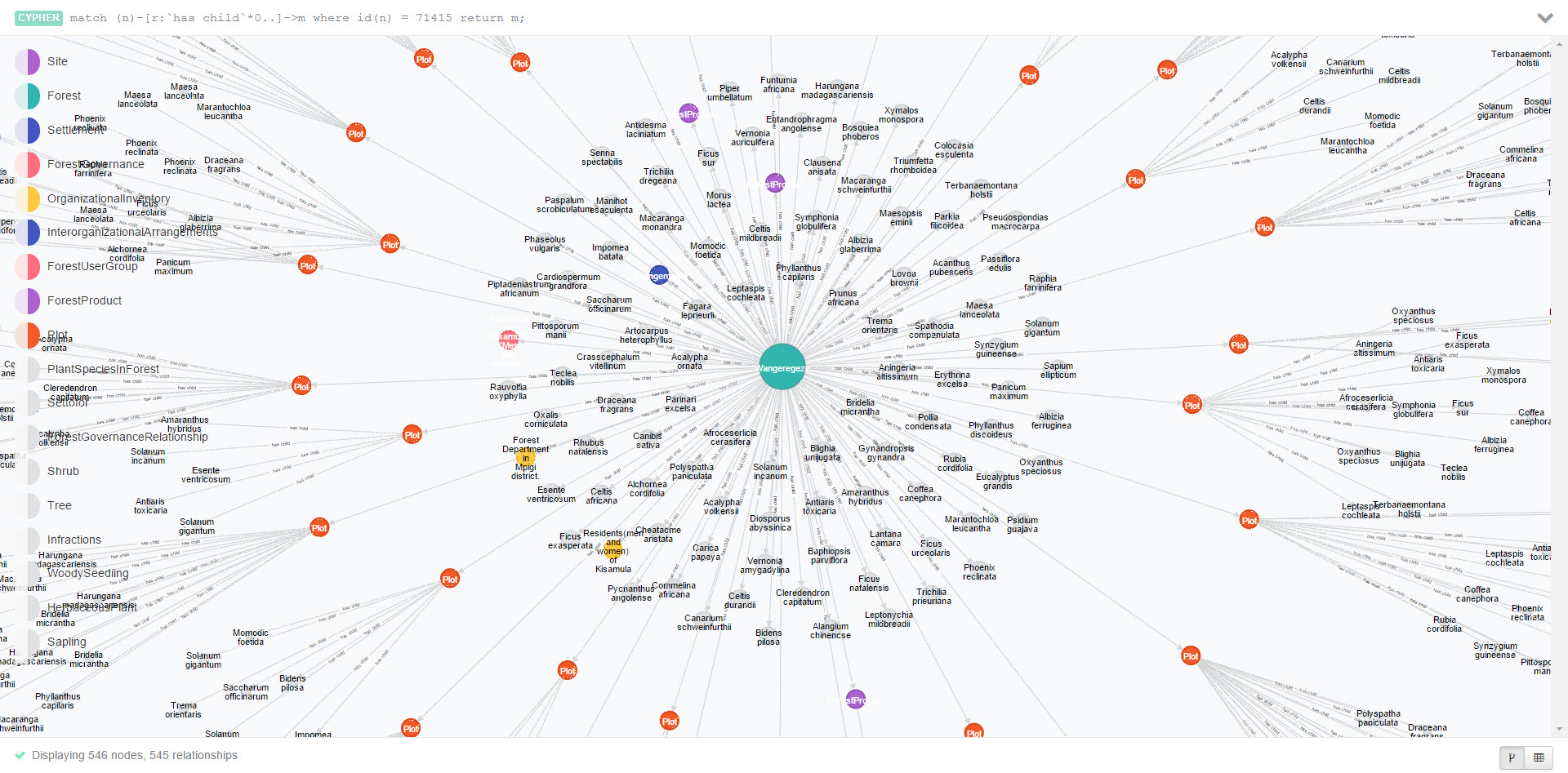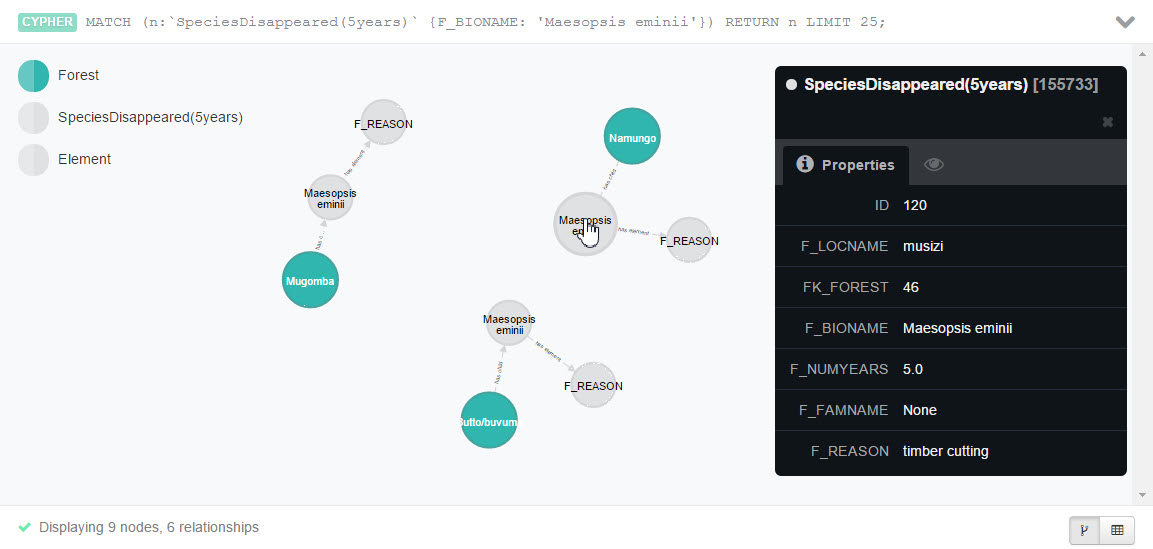Resources
[1] David Bender, Miao Chen, Scott Jensen, David Leake, and Beth Plale, Whitepaper: Archival Trustworthiness and Semantically Rich Feature Based Access in Legacy Scientific Relational Databases, April 1, 2011
[2] Scott Jensen, Michael Cox, David Bender, Miao Chen, Julie England, Beth Plale, and David Leake, Spatial Data in an Ontology for Research on Forest Resources, Presented at "Ontology of Spatial Thinking and Reasoning: Multidiciplinary Reconciliation, COSIT'11 Workshop, Belfast Maine, September 12, 2011, pp. 28-30.
[3] Elinor Ostrom, A diagnostic approach for going beyond panaceas, PNAS, September 25, 2007 vol. 104 no. 39 pp. 15181-15187.
[4] E. Ostrom, A General Framework for Analyzing Sustainability of Social-Ecological Systems, Science, 325(5939), pp. 419-422, 2009.
[5] Beth Plale discusses the investigation of the In-Situ Archive (video)
[6] Scott Jensen, Beth Plale, Xiaozhong Liu, Miao Chen, David Leake, and Julie England. Generalized Representation and Mapping for Social-Ecological Data: Freeing Data from the Database , 8th IEEE International Conference on eScience (eScience 2012), Chicago, Illinois, October 2012.
[7] Scott Jensen, Miao Chen, Xiaozhong Liu, Beth Plale, and David Leake. Mining Classifications from Social-Ecological Databases (extended abstract and poster), 75th Annual Meeting of the American Society for Information Science and Technology (ASIS&T), Baltimore, MD, October 2012.
[8] Chen, M., Pavalanathan, U., Jensen, S., & Plale, B. (2013, July). Modeling heterogeneous data resources for social-ecological research: a data-centric perspective . In Proceedings of the 13th ACM/IEEE-CS joint conference on Digital libraries (pp. 309-312). ACM.
[9] Chen, P., B. Plale, Y. - W. Cheah, D. Ghoshal, S. Jensen, and Y. Luo, Visualization of Network Data Provenance Workshop on Massive Data Analytics on Scalable Systems (DataMASS 2012), co-located with the IEEE International Conference on High Performance Computing (HiPC), Pune, India, Dec 2012.



